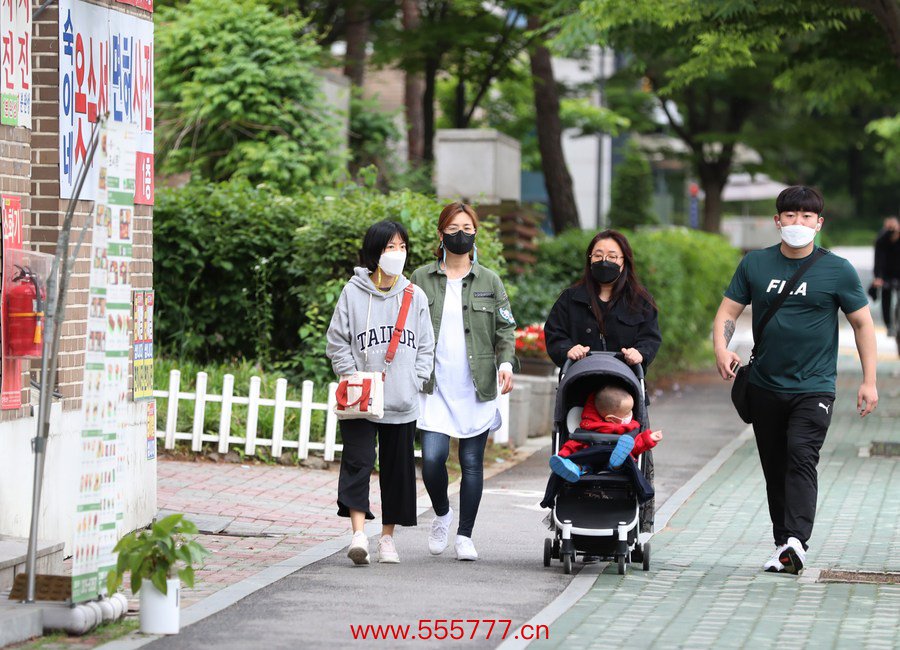
Young people walk on a street in Seoul, South Korea, May 21, 2021. (Xinhua/Wang Jingqiang)
SEOUL, Aug. 29 (Xinhua) -- South Korean young people's perception of marriage sharply worsened over the past 10 years on the back of economic difficulties, a statistical office survey showed on Monday.
The proportion of those aged 19-34 who replied that they had a positive perception of marriage stood at 36.4 percent of the total in 2022, sharply down from 56.5 percent tallied 10 years earlier, according to Statistics Korea.
The percentage of young women with a positive perception of marriage was just 28.0 percent of the total, far lower than 43.8 percent for young men.
Asked about why people do not get married, the highest portion of 33.7 percent picked the lack of marriage funds as the main reason.
It was followed by 17.3 percent citing no need for marriage as the main reason, 11.0 percent selecting the economic burden of childbirth and parenting, and 10.2 percent picking unstable employment.
The country's total fertility rate, which measures the average number of babies a woman is expected to have during her lifetime, hit a record low of 0.78 in 2022, marking the lowest among members of the Organization for Economic Cooperation and Development (OECD) since 2013.
余华家里有四口人,父亲、母亲,还有一个哥哥,叫华旭。兄弟二人同胞不同姓,哥哥跟随父亲姓“华”,弟弟则跟随母姓“余”。
More young people delayed or gave up on getting married and having babies due to economic difficulties such as high housing prices, high costs to rear children, and stubborn youth unemployment along with the changed social perception of marriage.
The proportion of young people who said couples can live together without marriage steadily increased to 80.9 percent in 2022 from 61.8 percent in 2012.
The percentage of young people who replied that they could have children without marriage increased from 29.8 percent in 2012 to 39.6 percent in 2022.
The results were based on a poll of about 36最近新闻热点大事件,000 people aged 13 or higher conducted for 16 days in May last year.■

